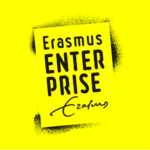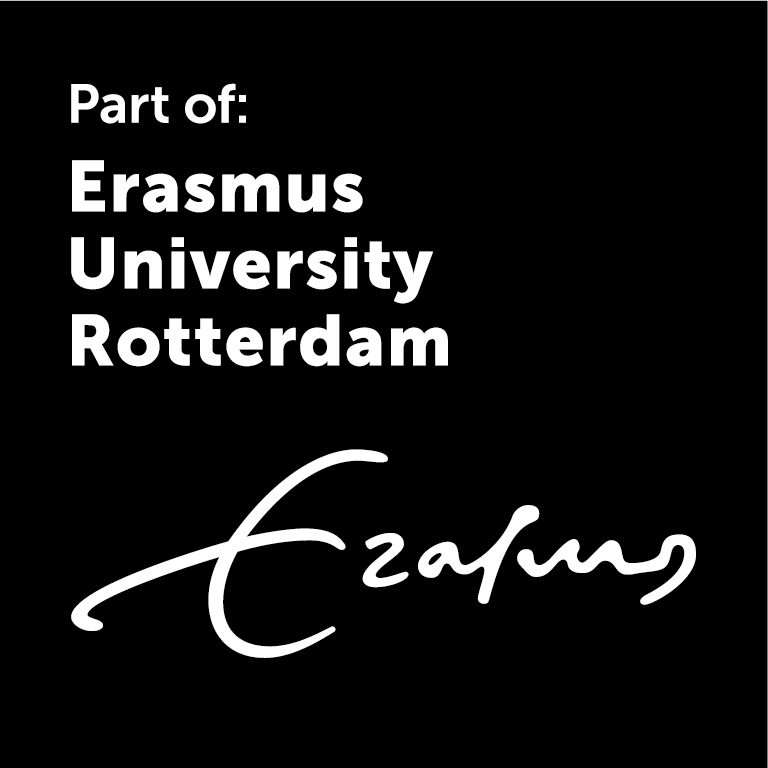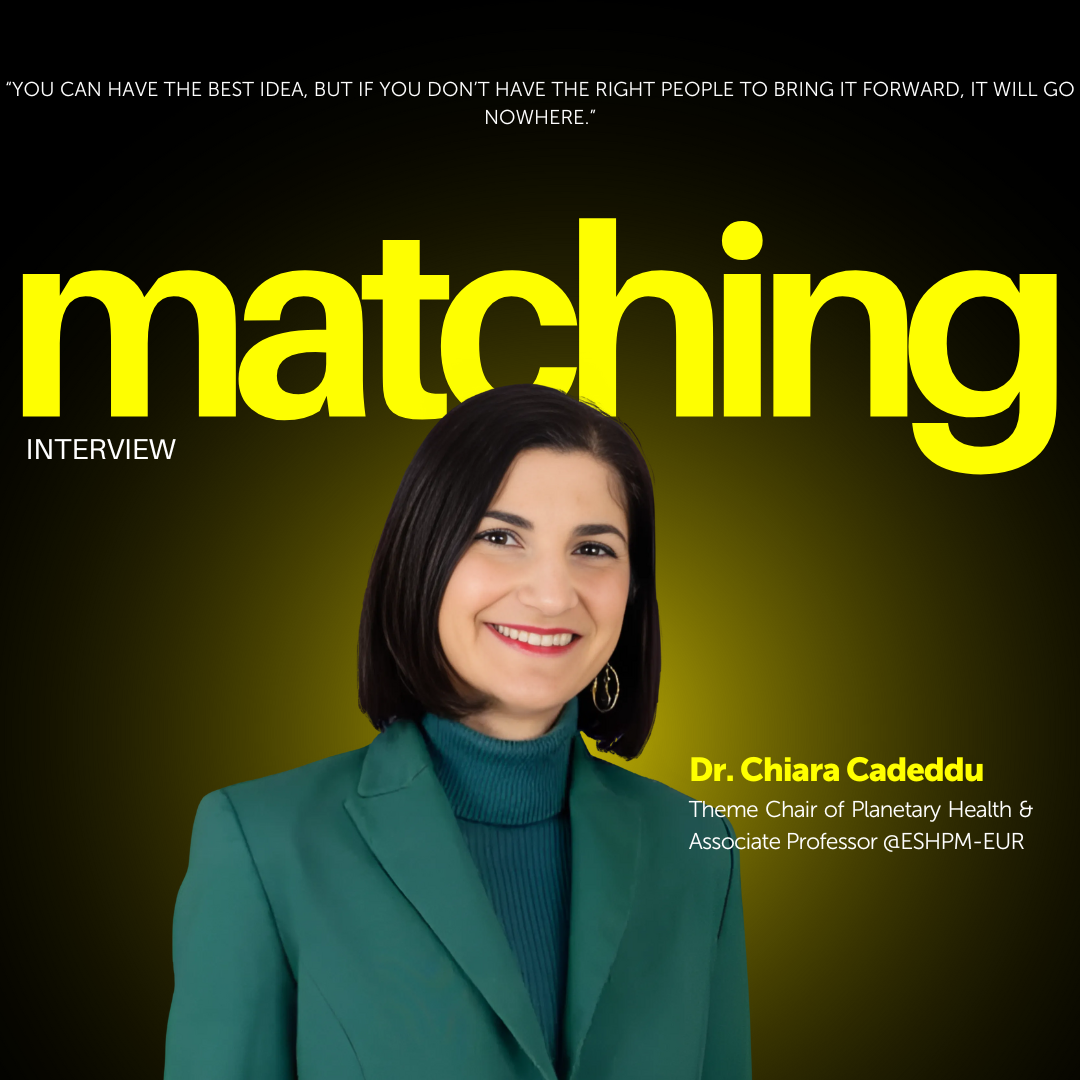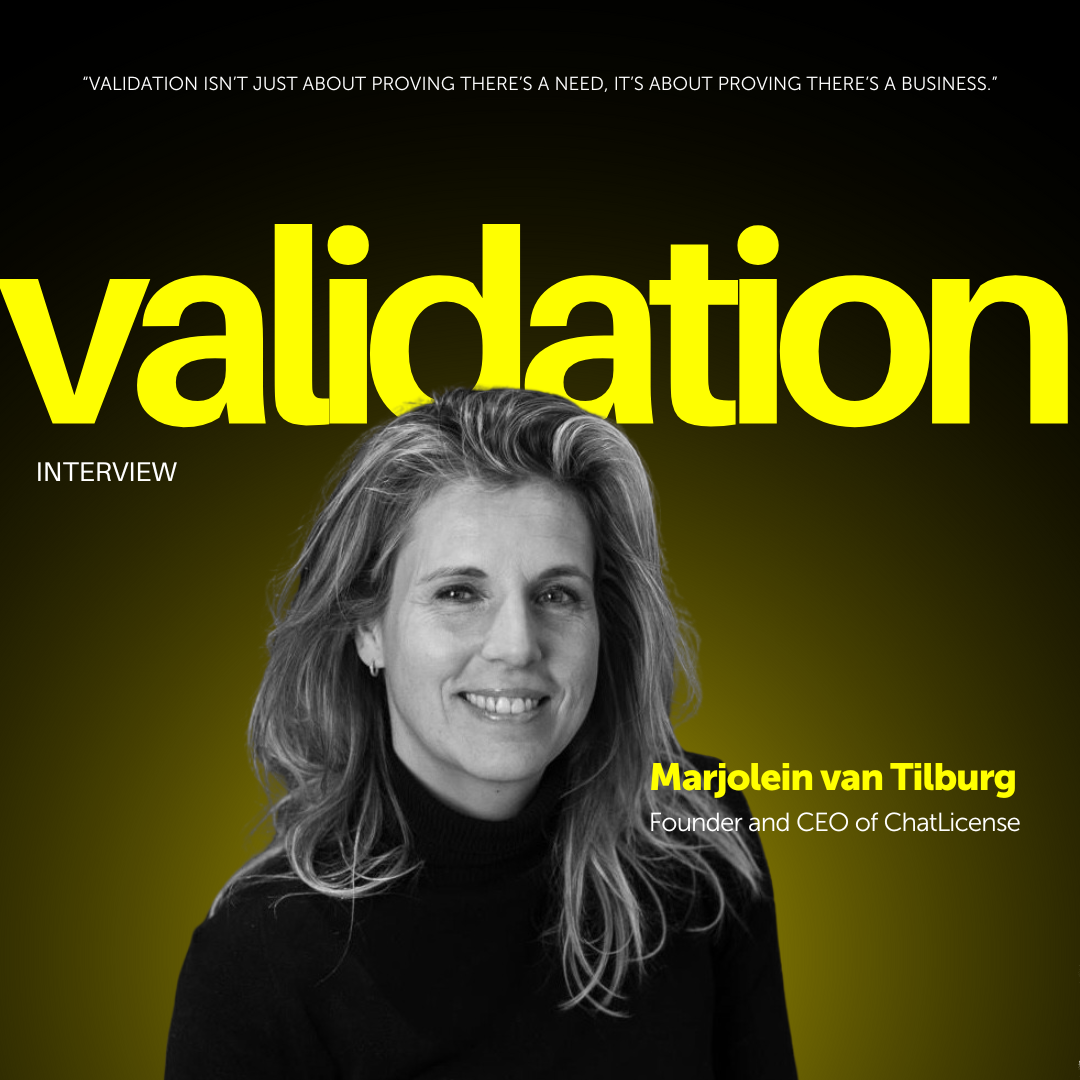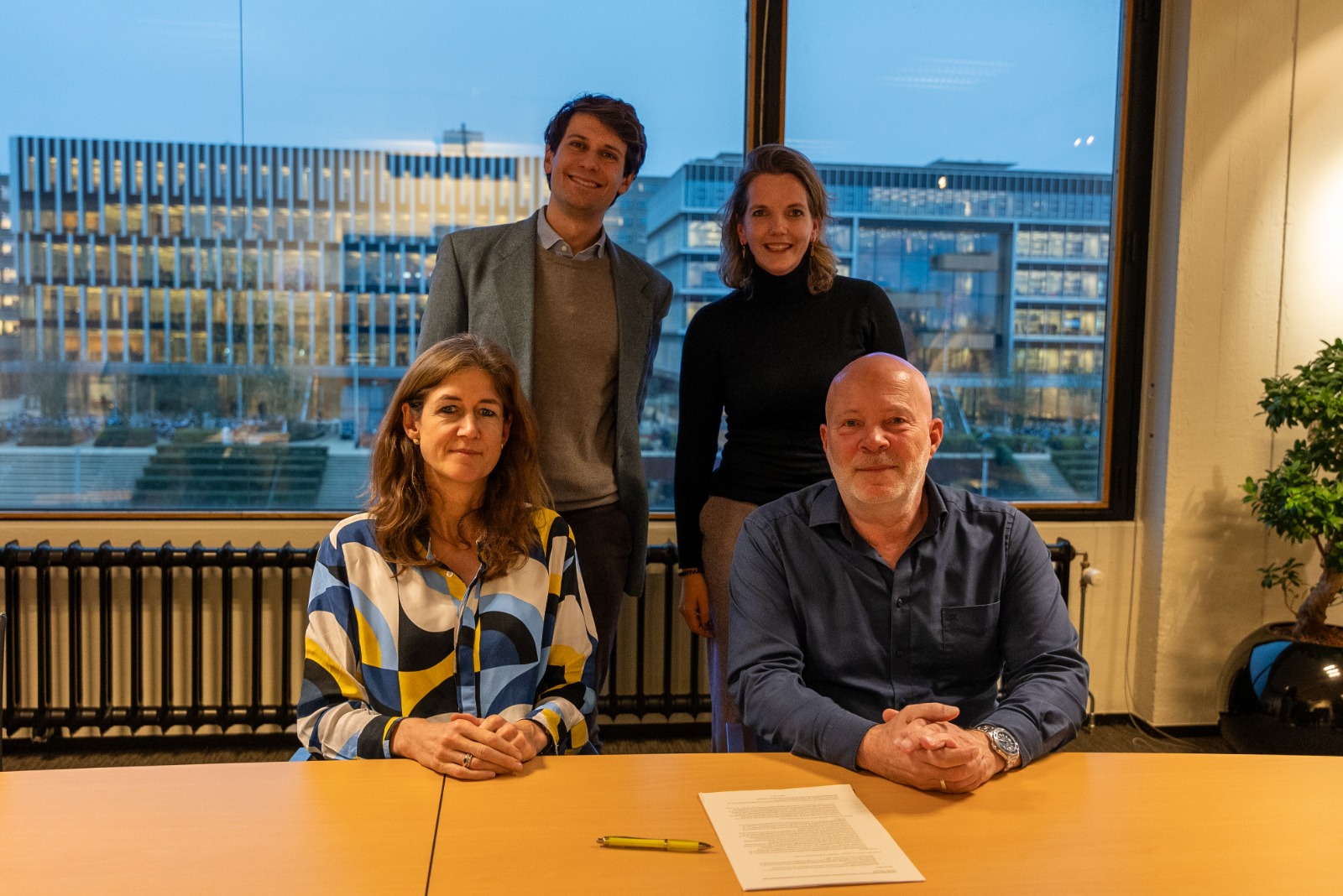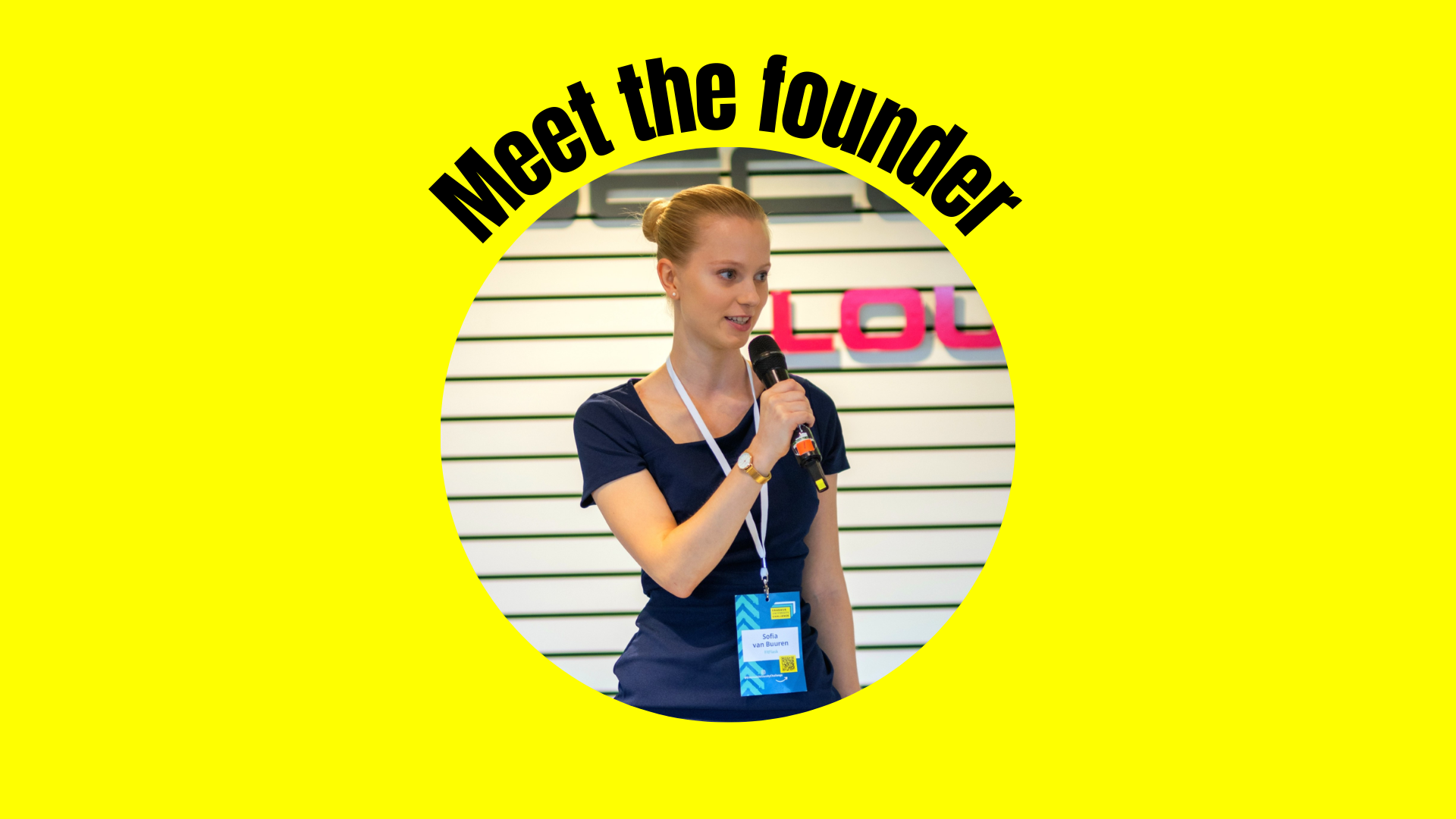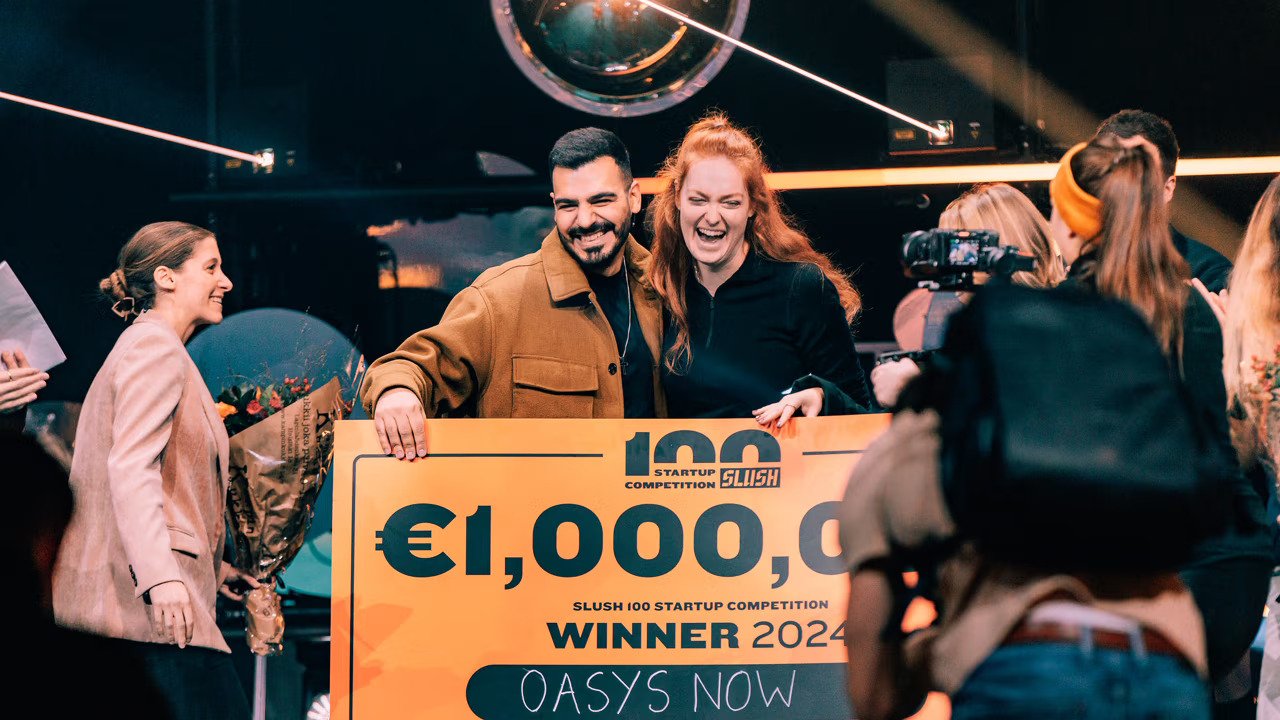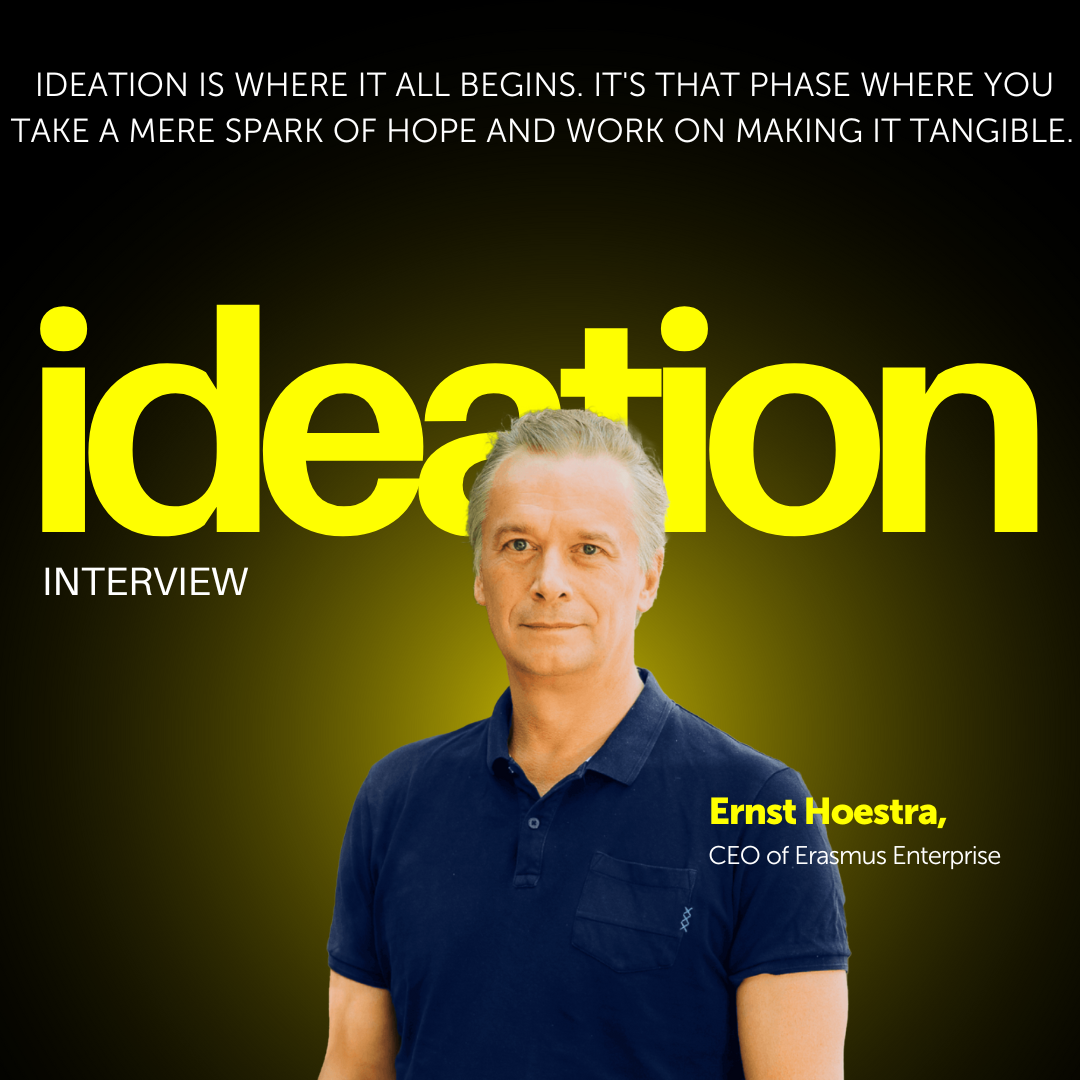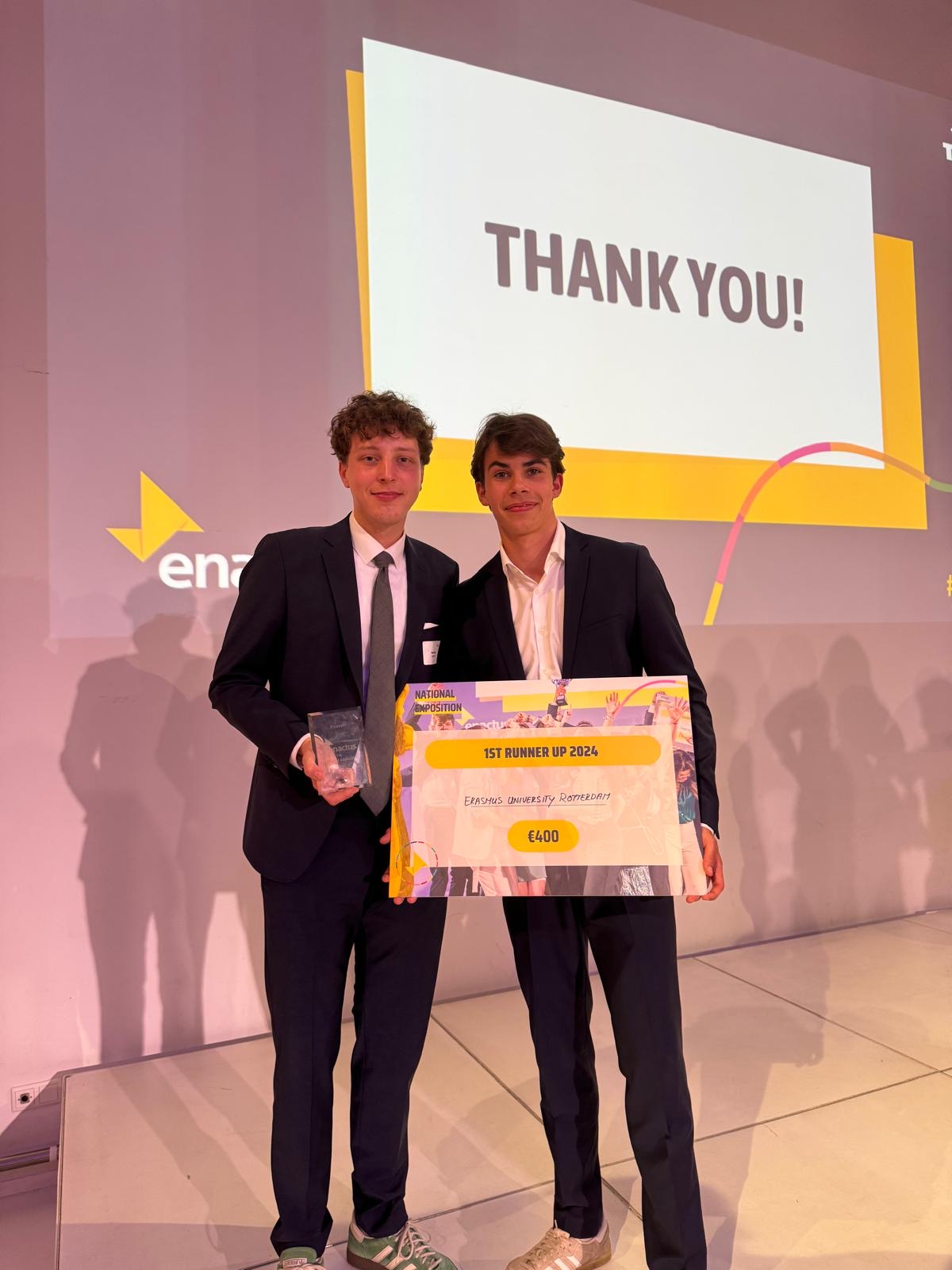So far in the Impact Starting Guide series, we’ve discussed how entrepreneurship starts with fleeting revolutionary ideas, Eureka moments, and validating the ideas through experienced entrepreneurs and companies, but we have yet to discuss YOU… well, your team composition, or your matching phase of entrepreneurship. Throughout this article, we will introduce you to this new entrepreneurship phase while emphasizing Chiara Cadeddu’s best practices that you should keep in mind when matching with partners to ensure your venture’s success!
Experienced matchmaker
Dr. Cadeddu is no stranger to the complexities of interdisciplinarity, a key factor in entrepreneurship, as she has a background in medicine, a PhD in public health, and over six years of research in planetary health, which led her to become the theme chair of the Planetary Health Alliance, a field that analyzes the intricate intersection between human health, ecosystems, and climate.
Dr. Cadeddu, alongside her team of researchers, has been on a mission to change healthcare’s ecological footprint on our ecosystem. Their mission has taken root since 2024, when they received three-year funding from the European Union within the Horizon Europe Project. CARING NATURE re is a project that seeks to develop regenerative and sustainable solutions for healthcare systems by fostering collaboration between academics, private companies, and public institutions.
Their interdisciplinary nature does not come only from the variety of disciplines presented in the team, but Caring Nature also transcends geographical borders, as they partner with 19 companies across 11 countries. This fact piqued our interest, as we were curious to see how the matching phase of entrepreneurship aligns with their program. So, we invited Dr. Cadeddu to sit with our team for an interview on matching.
Matching for success
According to our Impact Starting Guide, the step-by-step guide that supports your entrepreneurial journey, matching is the third step in entrepreneurship. This phase is characterized by developing your team and partners, and the secret recipe is made up of four steps:
- Identify your requirements: pinpoint the missing skills or expertise in your venture.
- Define the right composition: map out roles and required capabilities, knowing your team will evolve.
- Recruit co-founders: use role descriptions to find and interview potential team members.
- Identify potential partners: look within and beyond your network for aligned partners, and craft a clear value proposition to engage them.
“You can have the best idea, a Nobel Prize-worthy even, but if you don’t have the right people to bring it forward, it will go nowhere.”
Chiara Cadeddu
Improving the match-making process
For Dr. Cadeddu, matching the right people to a project means more than checking skills off a list. It’s about shared purpose, complementary expertise, and aligned values. To ensure that the Caring Nature team has the best-fit people, they followed a dual approach:
- Trusted networks: they reached out to collaborators they had worked with before, partners with proven alignment in values and ways of working.
- Strategic discovery: where gaps existed (for example, finding architectural expertise for sustainable healthcare buildings), they ventured into new territory. Tools from the European Commission, combined with good old-fashioned research and direct outreach, helped them expand their network with intentionality.
“For areas where we had no prior contacts, we just researched, sent emails, jumped on calls, and found alignment from there.”
Chiara Cadeddu
This hybrid strategy made the consortium both rooted and adaptable, giving the team the flexibility to build something bold and resilient.
How to manage matching failures
Despite best efforts, even a well-matched team can face setbacks, as Chiara mentioned. “Months after the project launched, one partner withdrew due to internal organizational constraints,” a reminder that even the most committed collaborators can be limited by structures beyond their control. As Dr. Cadeddu views these challenges as inevitable obstacles in the life of a project, she advises entrepreneurs:
“You can’t eliminate all risk, but you can manage it. Being clear about commitments and timelines from the beginning can help.”
Chiara Cadeddu
What matters most is how you mitigate the setbacks, not how many you have or when you face them. For her team, the loss of a partner meant realigning resources, rethinking workflows, and integrating a new organization mid-project, while staying true to the project’s original mission.
Matching beyond business
In entrepreneurial environments, especially within the private sector, values can sometimes take a backseat to profit. But for projects like Caring Nature, where the goal is to make healthcare more sustainable, alignment on values is not optional, but foundational.
“We want partners who are here not just for business, but because they believe in creating a better, greener world for future generations.”
Chiara Cadeddu
This purpose-driven approach is what cements strong collaborations. Whether in academia or entrepreneurship, finding people who believe in the mission is what transcends a concept into a lasting contribution.
Final thoughts
Although the matching phase may not be the most glamorous part of building a venture, it is the most consequential. As Dr. Cadeddu’s experience shows, real impact requires more than innovation: it requires collaboration with people who are not just skilled, but also aligned in vision and values.
And that is where support systems like Erasmus Enterprise can make a difference. Although not professional matchmakers, we can help you find your match in business, support with idea validation, and connect you with the needed sources. Check out more about our services and the Impact Starting Guide for more entrepreneurial advice.
